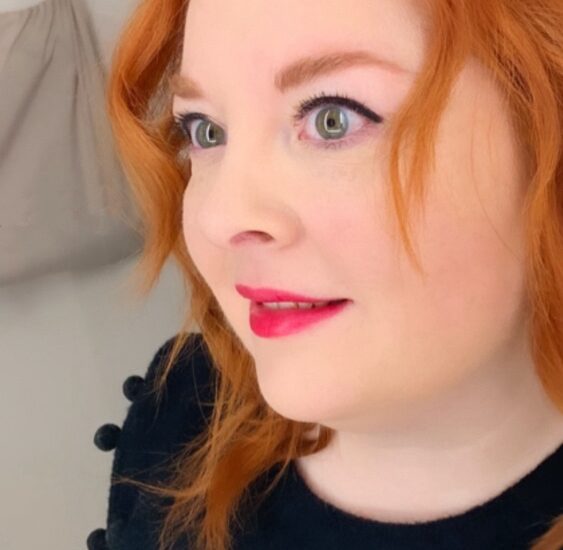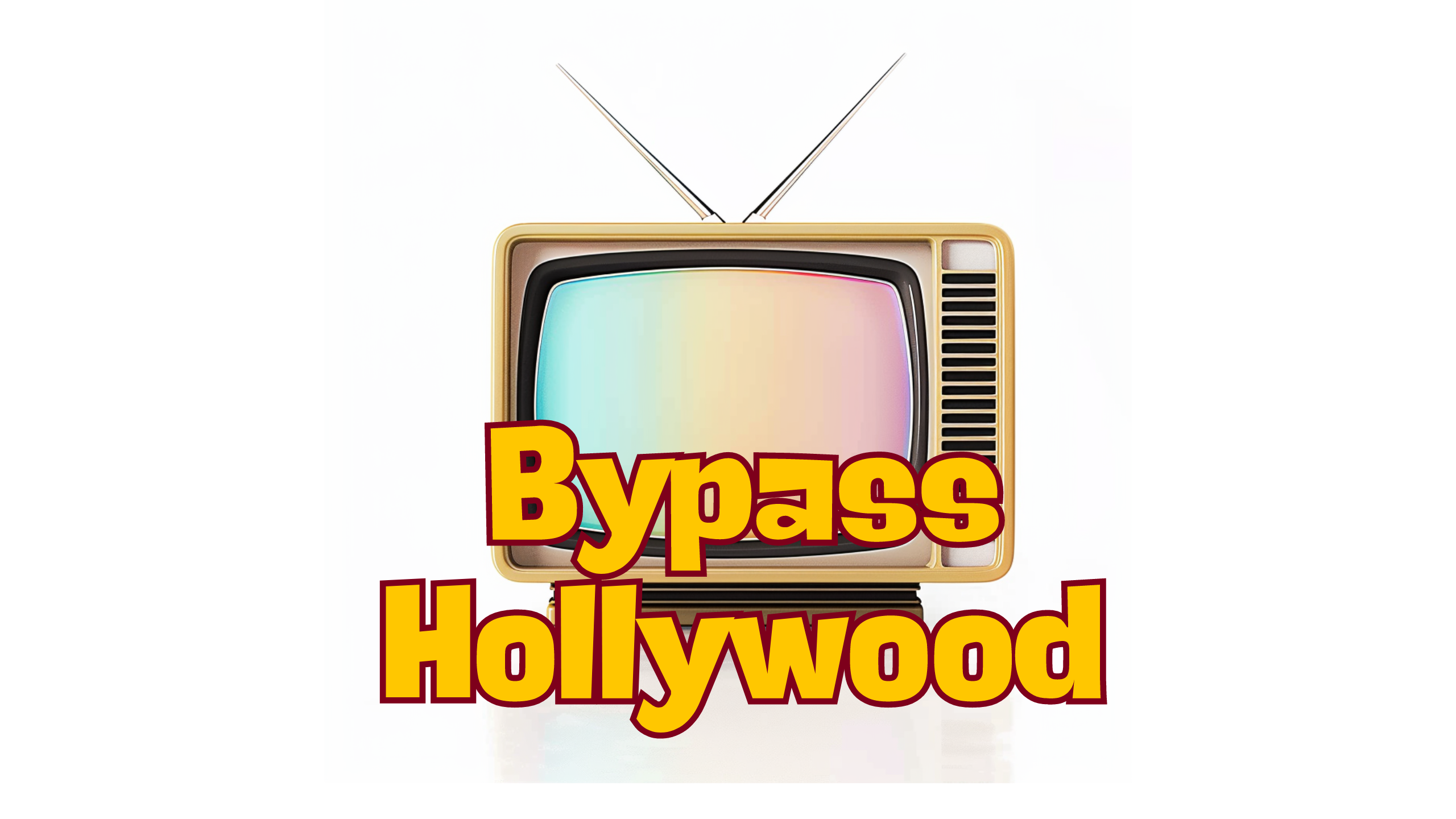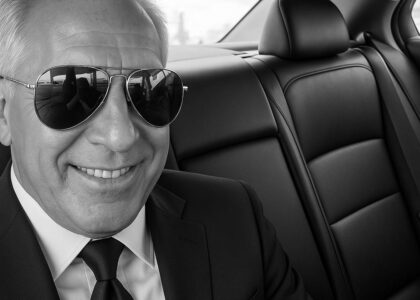


Most creatives have no idea that they’re sitting on a gold mine. They may be thinking that their book, graphic novel, children’s book or YouTube channel is their main source of revenue, but they can be so much more.
Sarah Hurley is living proof that that this is possible. She took the last $50 she had and created a multi-million dollar empire.
It wasn’t just her impressive portfolio of over 50 brands and 30 million products sold that blew me away—it was her story, one of resilience and ingenuity, that compelled me to bring her voice to this platform.
In my interview with Sarah, she discuss exactly how creators can go from an idea to a thriving business licensing their IP and creating products from their own characters and worlds.
You started your career in branding and licensing with your last $50 (40 pounds), which is incredible. Tell us, what led up to you only having $50 in the first place, and how did you transform that into the empire you have today?
I originally trained to be a lawyer, but I hated it. So, I got a job in marketing, which I enjoyed, but I was eventually made redundant. That’s how I found myself down to my last $50—or about 40 pounds, actually. At that point, I thought, “If I’ve failed at something I didn’t even want to do, I might as well try something I actually want to do.”
I decided to illustrate children’s books because it allowed me to work quietly at home, away from everything. I started sending my illustrations to companies, and one of them—a shopping TV channel—replied. They initially wanted me to design craft products but ended up offering me the opportunity to develop my own product line. Four weeks later, I was live on TV launching those products. From there, things snowballed—stationery, more products, and eventually the business evolved into what it is today.
Your journey is such an inspiration. It’s fascinating how everything you’ve done has led you to this moment, almost like the pieces were falling into place unconsciously. Do you see it that way too?
Absolutely. I often say everything is part of a refining process. Even when something didn’t work out—like getting published in a magazine, which I didn’t enjoy—it helped me narrow down what I really wanted. When I talk to others in branding and licensing, we always laugh about how none of us planned to end up here. It’s one of those industries you stumble into, but once you’re in, you realize how diverse and exciting it is.
You’ve achieved so much—over 50 unique brands, 30 million products sold, and mentoring 1,500 people. What accomplishment are you most proud of?
Mentoring others is my biggest passion. I launched an online business academy two years ago, inspired by my own life experiences. After surviving a domestic violence situation in my first marriage and being widowed in my second, I realized the importance of financial independence. I wanted to help people—especially women—build businesses.
Most of the people I mentor are women who’ve started businesses as hobbies and are now trying to learn the business side. I’ve always approached it from the opposite angle—I’m a businessperson who happens to be creative. Helping others see that running a business doesn’t have to be complicated is what I’m most proud of.
Many of our readers are creators—writers, animators, or filmmakers—looking to build sustainable careers around their scripted projects. How can they turn passion projects into profitable ventures?
The key is reverse engineering. Take your script, book, or concept and break it down into marketable elements. Ask yourself: who is the audience, and what products or content would resonate with them? For example, if your project is a children’s cartoon, you could create T-shirts, coloring books, or other simple products. Build a basic website showcasing the characters and start engaging your target audience—often parents in this case.
Once you’ve built a small but engaged audience, you can approach studios or investors with data to show there’s already interest in your project. It makes your pitch much stronger.
How do you recommend creators get their target audience to engage with their content initially?
Start small. Use SEO to make your content discoverable on marketplaces or social media. Run low-cost ads targeting your audience to test what works. For instance, I started with three products—a mug, a tote bag, and a book—and put 10 pounds into Facebook ads. Over 50% of buyers returned to buy my book. Those initial stats helped me approach investors and studios with confidence.
What about creators targeting adult audiences, like romance or sci-fi? How does the strategy change?
It’s actually easier with adult audiences because you’re selling directly to them, not through parents. Again, start by understanding your ideal consumer. Create a profile of them—give them a name, know what they love, and talk directly to them in your marketing.
For romance, think about cozy, emotional products—mugs, candles, gift sets. Build a social media presence, engage with your audience, and partner with local independent bookstores to host readings or events. The goal is to immerse people in your world and show them why they’ll love your characters and stories.
Once creators have data and a proven audience, how do they attract studios or investors without established industry connections?
Focus on what the investor wants: a safe, profitable opportunity. Tailor your pitch to show why your project is the right fit for them. For example, if you’re pitching to a producer known for Christmas movies, highlight why your project aligns with their brand. Share your stats, your audience engagement, and why you’re the best person to bring this to life.
Don’t waste time pitching to people outside your niche. Be strategic, do your homework, and make them see why working with you is a win for them.
For those eager to learn from you, where can they find you and your resources?
They can visit the Sarah Hurley Academy for courses and memberships. We also have a friendly Facebook community for creative entrepreneurs. I’m always happy to help—whether it’s advice, pitch events, or sharing upcoming opportunities.
Sarah Hurley’s journey is a testament to what’s possible when passion meets strategy. For creators dreaming of turning their projects into profitable ventures, her advice is a roadmap worth following.




